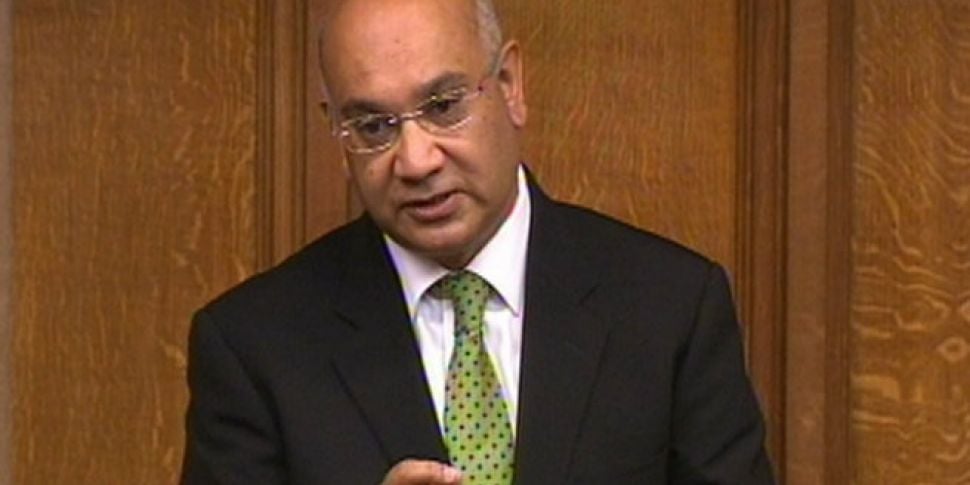A British government committee has accused major social media companies of "consciously failing" to combat online extremism.
The Home Affairs Committee report on radicalisation suggests that companies such as Twitter, YouTube and Facebook need to take on a "greater sense of responsibility and ownership for the impact that extremist material on their sites".
According to the committee, actions such as Twitter suspending hundreds of thousands of accounts linked to extremism and Google removing 14 million videos related to 'all kinds of abuse' are only a "drop in the ocean".
The report also suggests that the media has a responsibility to avoid contributing to negative perceptions of different groups in society.
It recommends that media outlets should stop using the description 'so-called Islamic State' and use 'Daesh' instead.
"They should not identify terrorists as 'Muslims', but as terrorists and followers of Daesh," the committee adds.
Labour MP Keith Vaz, who chaired the committee, said: "We are engaged in a war for hearts and minds in the fight against terrorism. The modern front line is the internet. Its forums, message boards and social media platforms are the lifeblood of Daesh and other terrorist groups for their recruitment and financing and the spread of ideology.
"Huge corporations like Google, Facebook and Twitter, with their billion dollar incomes, are consciously failing to tackle this threat and passing the buck by hiding behind their supranational legal status, despite knowing that their sites are being used by the instigators of terror."
He also argued that the companies' failure to tackle the threats has left some parts of the web "ungoverned, unregulated and lawless".
A spokesperson for YouTube told BBC: "We take our role in combating the spread of extremist material very seriously. We remove content that incites violence, terminate accounts run by terrorist organisations, and respond to legal requests to remove content that breaks UK law."
The company will continue to co-operate with authorities to see "what more can be done" to tackle the issue of radicalisation, the spokesperson added.









